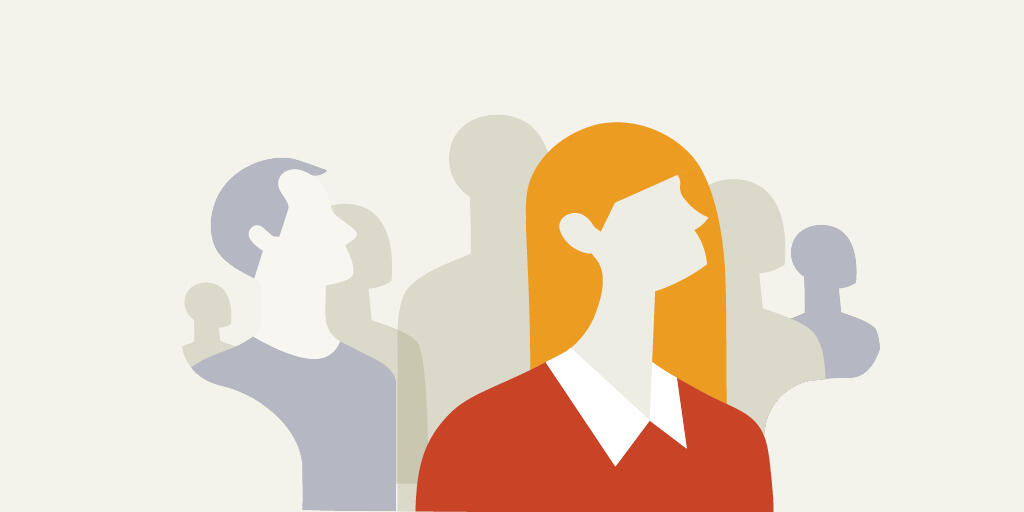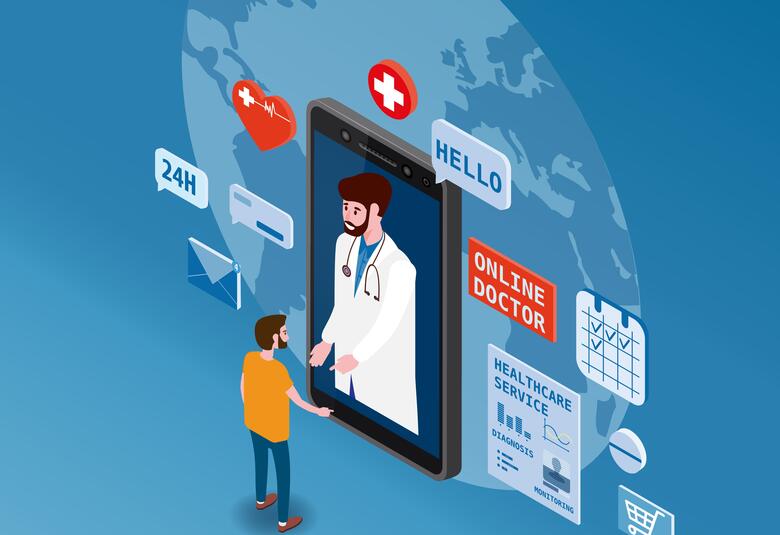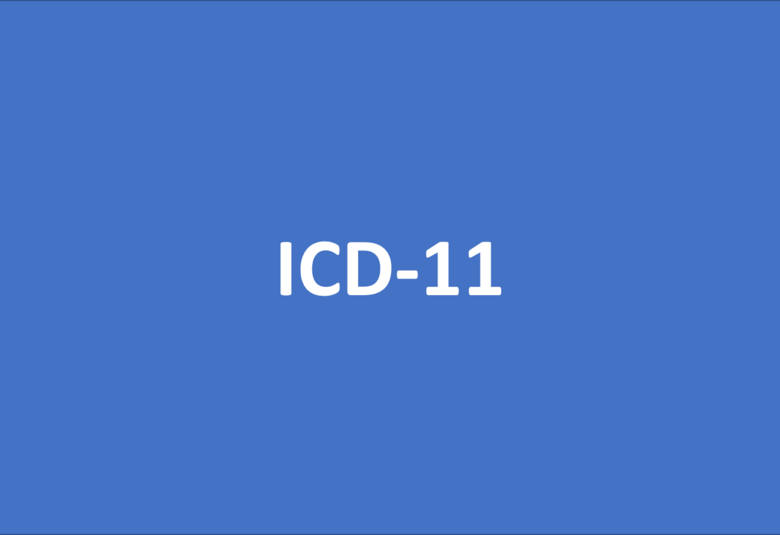Digital technologies have the potential to transform the theme for World Mental Health Day 2020 — Mental Health for All: Greater Investment, Greater Access — into reality, by providing easy access to mental health expertise and support for everyone with Internet connectivity. They can also be used to support families and mental health workers and to increase public awareness of mental health to alleviate stigma and discrimination.
A 2017 review of digital technology interventions for the treatment and prevention of mental health disorders from over 20 low-income and middle-income countries demonstrated their potential effectiveness for:
- people with mental health disorders by increasing access to mental health services, supporting clinical care, and delivering peer support and treatment programs
- mental health service providers — for psychiatrists to provide their expertise from a remote location; for mental health workers to deliver training and support; and for mental health service systems to provide innovative solutions for monitoring and managing services1,2
Greater access to mental healthcare services
Digital technologies to support people with mental health disorders
The clinical care of people with mental health disorders, including those with little access to specialty care or who might be reluctant to seek services, can be enhanced using a variety of different technologies.1,2
Their symptoms can be monitored using smartphone applications, real-time alerts can be sent to them or their caregiver when a high-risk situation is detected by a wearable sensor or smartphone-based location, time, or activity data, and they can access peer support through social media.1,2
Improving mental health for all
Treatment adherence can be encouraged using text messaging, and mobile and online programs can deliver illness management and relapse prevention programs.1,2
Digital peer support is becoming a major asset to achieving recovery goals, and it has been suggested that people with lived experience of recovery should be represented on expert groups that set digital mental health standards.3
Digital technologies supporting access to mental healthcare services
Telepsychiatry increases access to psychiatric expertise for people in rural areas or other primary care settings with a shortage of mental health professionals, and has been shown to improve outcomes and increase patient satisfaction ratings.4
The development of the successful collaborative care models in the United States in which remotely located psychiatrists advise primary care-based mental health workers on diagnosis and management depend upon this technology.5
Telepsychiatry is also proving invaluable for providing access to mental health expertise during the COVID-19 pandemic in which communications have had to been physically distanced and many people have been living in isolation.
The increasing use of telemental health has, however, led to concerns about confidentiality. The American Psychiatric Association has therefore published guidance on these and other telemental health-related issues.6
Our correspondent’s highlights from the symposium are meant as a fair representation of the scientific content presented. The views and opinions expressed on this page do not necessarily reflect those of Lundbeck.




